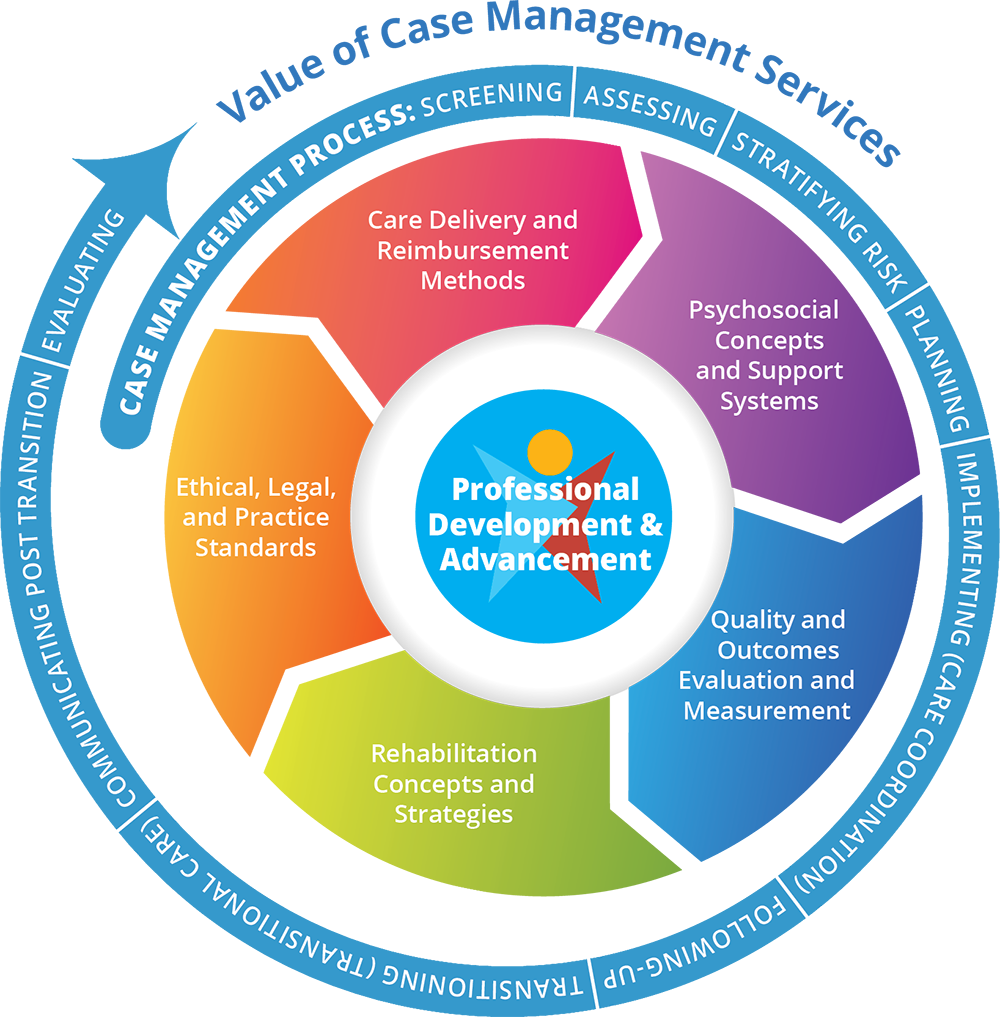If you’ve had a heart attack, your doctor will likely prescribe medications that you will take for a long time. This may be new to you, and there may be a lot to remember. But it is a vital part of fighting against another heart attack.
Keeping on track
Take an active role in your treatment! This is very important for staying healthy. Before you leave the hospital or the doctor’s office, be sure to get the name of your medication, the reason you are taking it, and the amount you need to take every day. Because you’ll be getting a lot of information when you have had a heart attack, you might find it helpful to take notes. That way you can be sure you are taking your medications correctly. You can also ask your health care provider to print out a list of the medications you’ll be taking. It is very important to keep the list of your medications with you at all times.
Suggestions for staying on your medications:
- Take medicines at approximately the same time every day
- Store medicines in a convenient place
- Use a daily medicine box that divides your medications into the days of the week
- Link taking your medicines with your other daily routines, such as brushing your teeth
- Add post-it reminders on the mirror in your bathroom or a kitchen cabinet
Food-Drug Interactions
Healthy eating is very important if you have heart disease. But even healthy foods, such as fruits and vegetables, should not be eaten when taking certain medications. Ask your doctor about foods that you should stay away from while taking your medication.
Medication storage
The place where you store your medication can help it maintain its effect. Ask your doctor or pharmacist for tips and suggestions.
Call your health care professional with any questions.
Heart medications
Tell your doctor about all medications you are taking, even over-the-counter medications. Doing so may help avoid harm.
A pharmacist is trained to give you valuable information about your medications. Stay active in your treatment by speaking with your pharmacist. After a heart attack, you may be prescribed a combination of medications, including:
| Medication | How it helps |
|---|---|
| Antiplatelet agents |
Help keep blood clots from forming by stopping blood cells from sticking together and forming a new and dangerous clot that can cause another heart attack |
|
Angiotensin-converting enzyme (ACE) inhibitors |
Lower blood pressure by primarily decreasing resistance by lowering levels of the enzyme angiotensin II |
|
Angiotensin II receptor blockers (or inhibitors) |
Block the effect of the hormone angiotensin II, causing the blood vessels to relax. This helps lower blood pressure. This class may be given if you are unable to take ACE inhibitors |
| Beta-blockers | Lower blood pressure and make the heart beat more slowly |
| Statins | Lower blood cholesterol levels, specifically LDL, the "bad" cholesterol |
| Sublingual nitroglycerin | Reduce the workload of the coronary arteries |
You may be taking one or more of the medications above. Ask your doctor or pharmacist if you have questions about how to take your medications.

